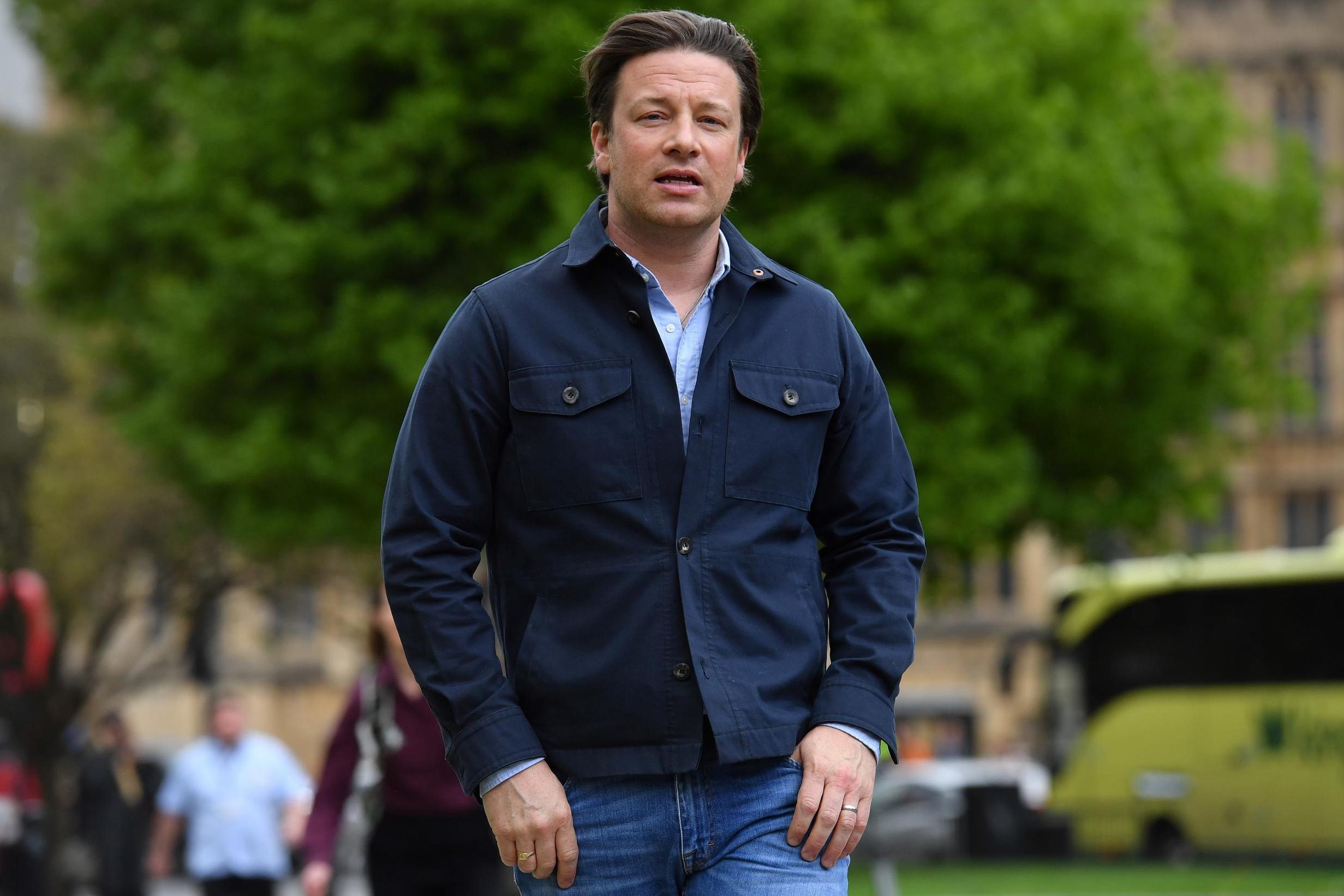Jamie Oliver paid himself £5.2m despite restaurant closures which saw 1,000 job losses
Celebrity chef ‘deeply saddened’ by collapse

Your support helps us to tell the story
From reproductive rights to climate change to Big Tech, The Independent is on the ground when the story is developing. Whether it's investigating the financials of Elon Musk's pro-Trump PAC or producing our latest documentary, 'The A Word', which shines a light on the American women fighting for reproductive rights, we know how important it is to parse out the facts from the messaging.
At such a critical moment in US history, we need reporters on the ground. Your donation allows us to keep sending journalists to speak to both sides of the story.
The Independent is trusted by Americans across the entire political spectrum. And unlike many other quality news outlets, we choose not to lock Americans out of our reporting and analysis with paywalls. We believe quality journalism should be available to everyone, paid for by those who can afford it.
Your support makes all the difference.Jamie Oliver paid himself £5.2m last year despite the collapse of his eponymous restaurant chain.
Earlier this year, the celebrity chef announced that his company would close 22 of its 25 restaurants, including all but one branch of Jamie’s Italian, along with Barbecoa and Fifteen London.
The closures resulted in approximately 1,000 job losses.
According to accounts published on Monday, the company experienced an increase in sales to £43.5m in the year to December 2018. However, pre-tax profits almost halved to £7.8m. after the group took a £9.9m hit from exceptional costs related to the restaurants.
Despite the losses, the company accounts confirm that Oliver still received a payout of £5.2m but added that the figure was 40 per cent down from £8.6m a year before.
Since the collapse, Paul Hunt, the chief executive of Jamie Oliver Holdings, said the company had delivered “a resilient set of results” with underlying profits before one-off costs increasing by 4.9 per cent.
“We are a commercial business with social purpose running through everything we do,” Hunt added.
“We have emerged from the past six months with complete clarity around our vision and values, as well as a renewed focus on what we want to achieve in the coming years.”
The company said earlier this year that it was committing to a 2030 goal of reducing childhood obesity, and would make all business decisions on that basis from now on.
It is also seeking “B corp” status, a certification for companies which meet certain social sustainability standards.
Last year, Oliver revealed that he contributed £13m towards his restaurant business in 2016 when it had been close to bankruptcy after running up debts of £75m.
At the time, he shut 12 restaurants and let around 600 members of staff go.
Despite his efforts, the company entered administration in May 2019.
“I appreciate how difficult this is for everyone affected,” Oliver said following the news.
“I would also like to thank all the customers who have enjoyed and supported us over the last decade, it’s been a real pleasure serving you.
“We launched Jamie’s Italian in 2008 with the intention of positively disrupting mid-market dining in the UK high street, with great value and much higher quality ingredients, best in class animal welfare standards and an amazing team who shared my passion for great food and service. And we did exactly that.”
Now, Oliver remains optimistic about how the loss of his restaurant chain will impact his career moving forward, stating that he has learned "some valuable life lessons" that will allow him to do some "extraordinary things in the next 20 years".
Join our commenting forum
Join thought-provoking conversations, follow other Independent readers and see their replies
Comments